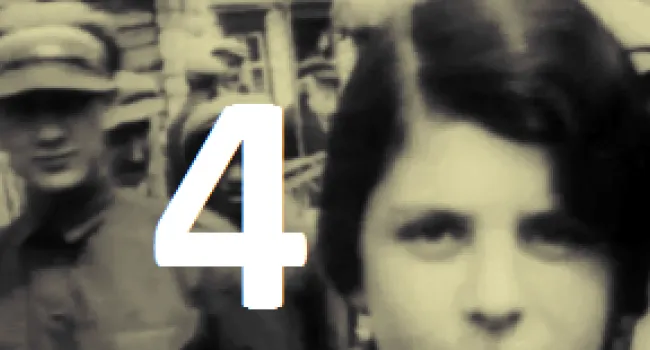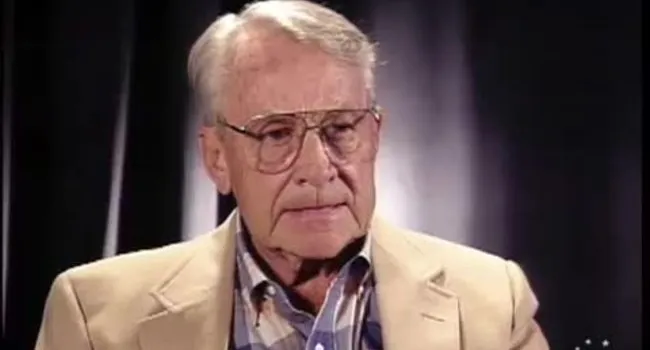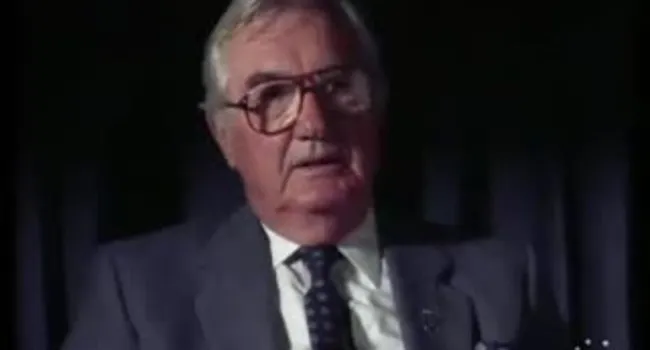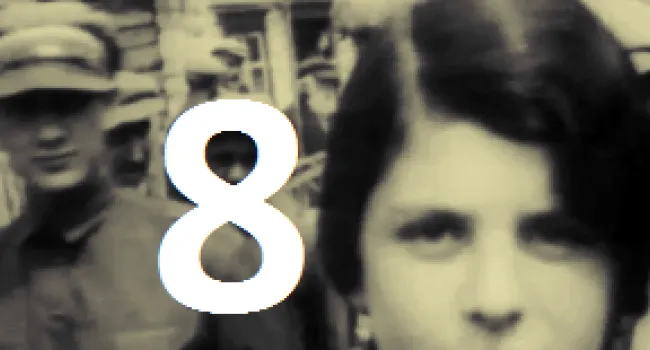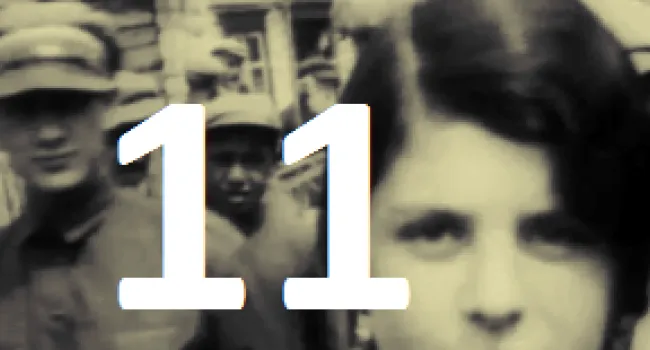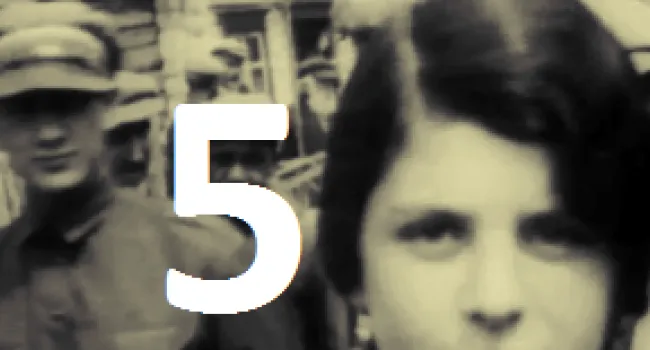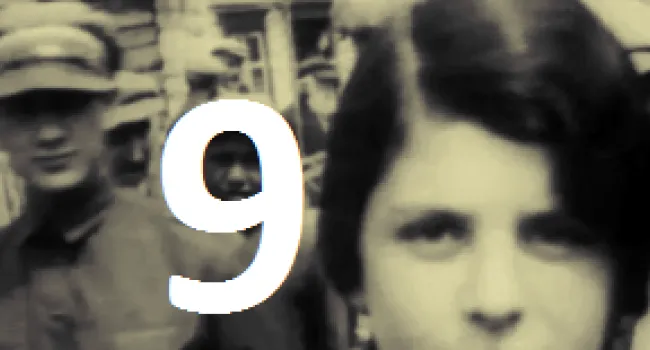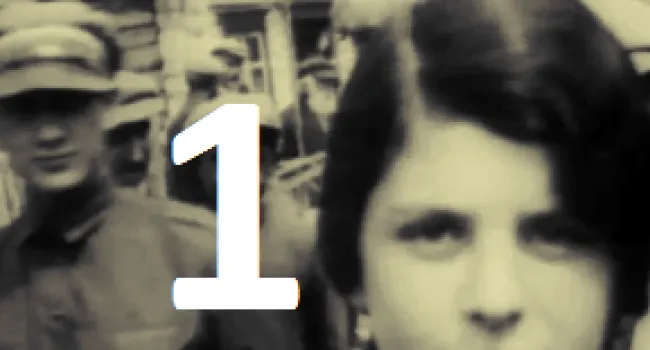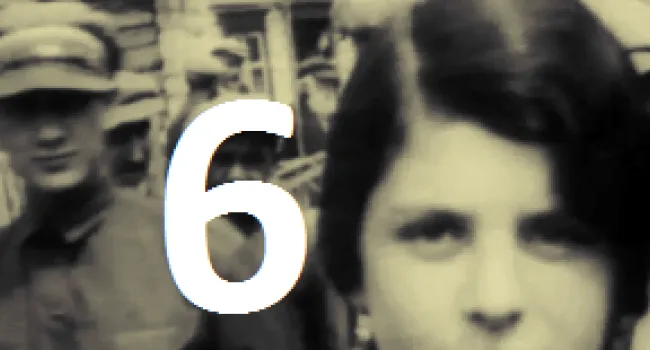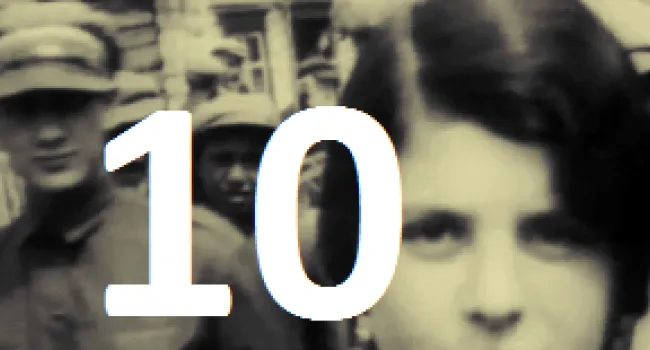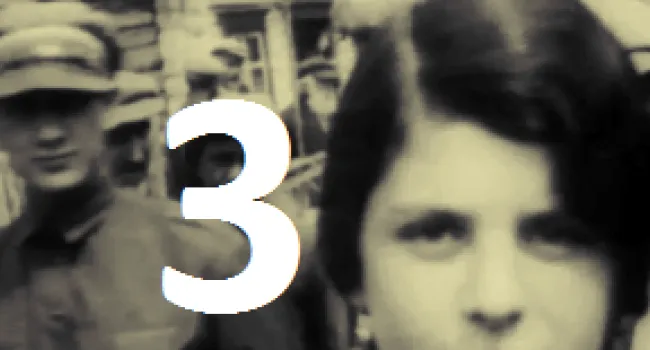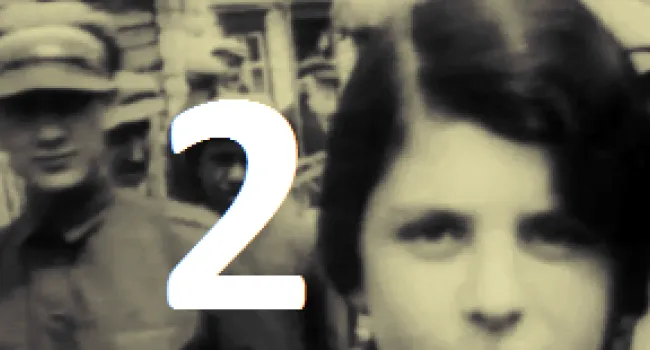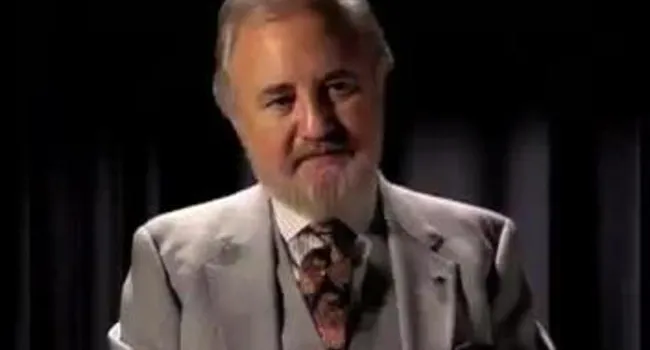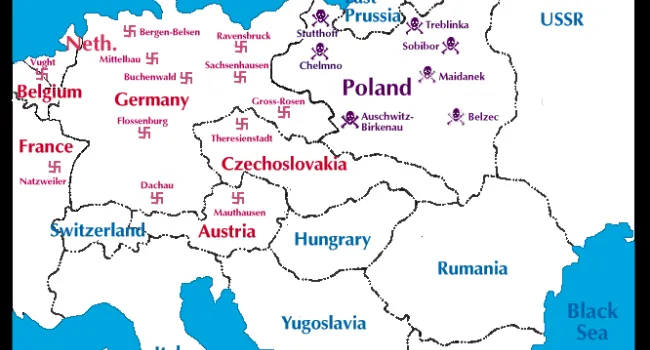Peter Becker was born in Munich in 1929. At the special Nazi school he attended, students were taught to be political or military leaders and that Hitler was the savior who would lift Germany up. In schools, Jews were depicted in anti-Semitic publications as fat, repugnant and ugly. Students were told that the Jews were their enemies. In biology, students were brainwashed about racial purity. There were inferior races, and then there were the Germans—the top race and an all powerful people. After the war the Russians occupied Potsdam where Becker lived and he was denounced as a Nazi. "I was 100 percent Nazi, but not a leader; I was arrested and interrogated, then released. It took me two years to accept that Germans had killed Jews." According to Becker, eternal vigilance is the order of the day to keep people from controlling others and to guarantee there are no secrets. In addition, a viable, strong press and political activism are needed.
Dr Becker died on June 8, 2018.
Standards
- 5.3 Demonstrate an understanding of the economic, political, and social effects of World War II, the Holocaust, and their aftermath (i.e., 1930–1950) on the United States and South Carolina.
- 6.5.CE Explain the impact of nationalism on global conflicts and genocides in the 20th and 21st centuries.
- 8.5.CO Compare South Carolina and U.S. wartime contributions and demobilization after World War II.
- This indicator is intended to encourage inquiry into the significant causes of World War I and the impacts of the Treaty of Versailles, including its failure to prevent future global conflicts.
